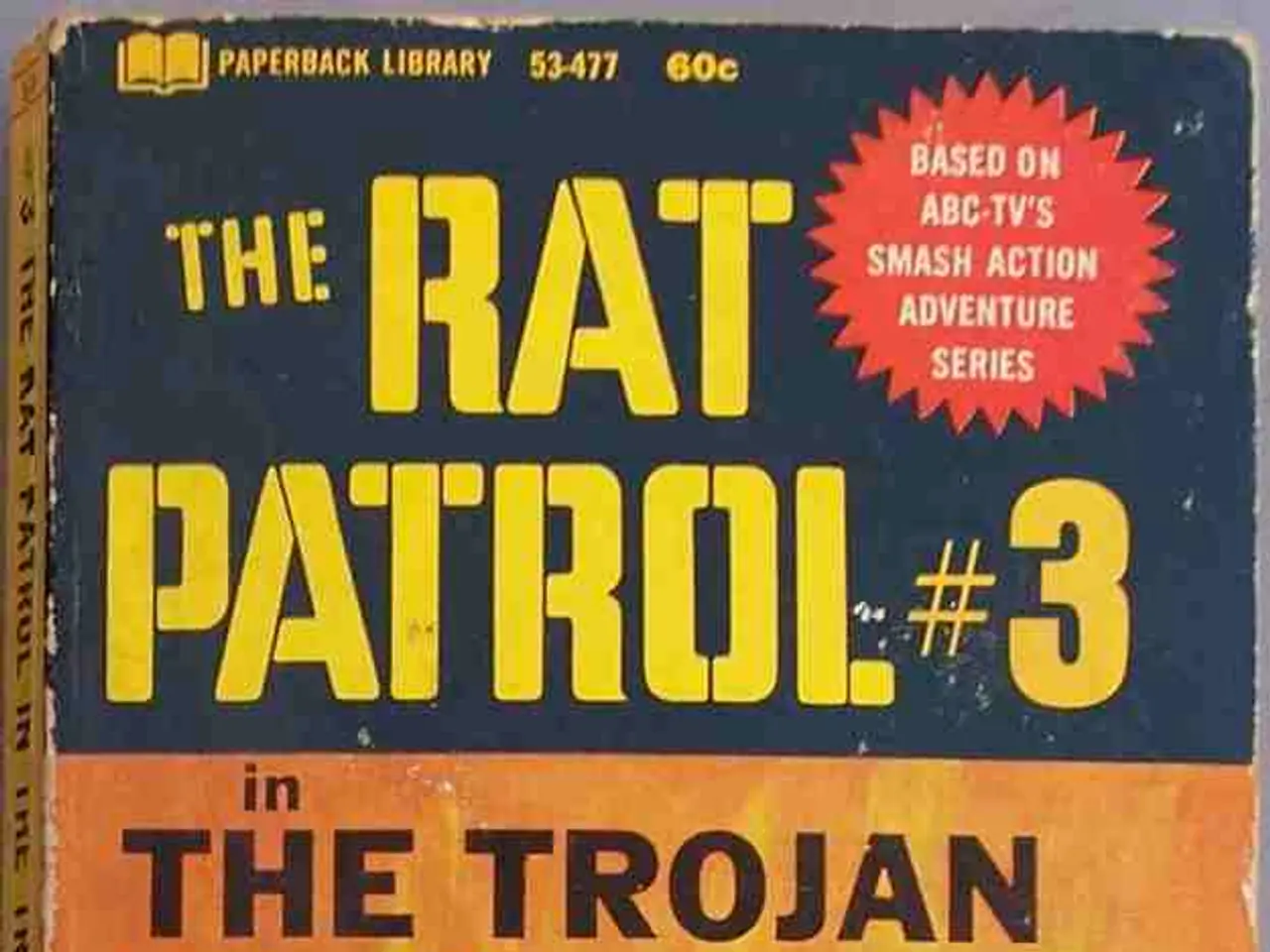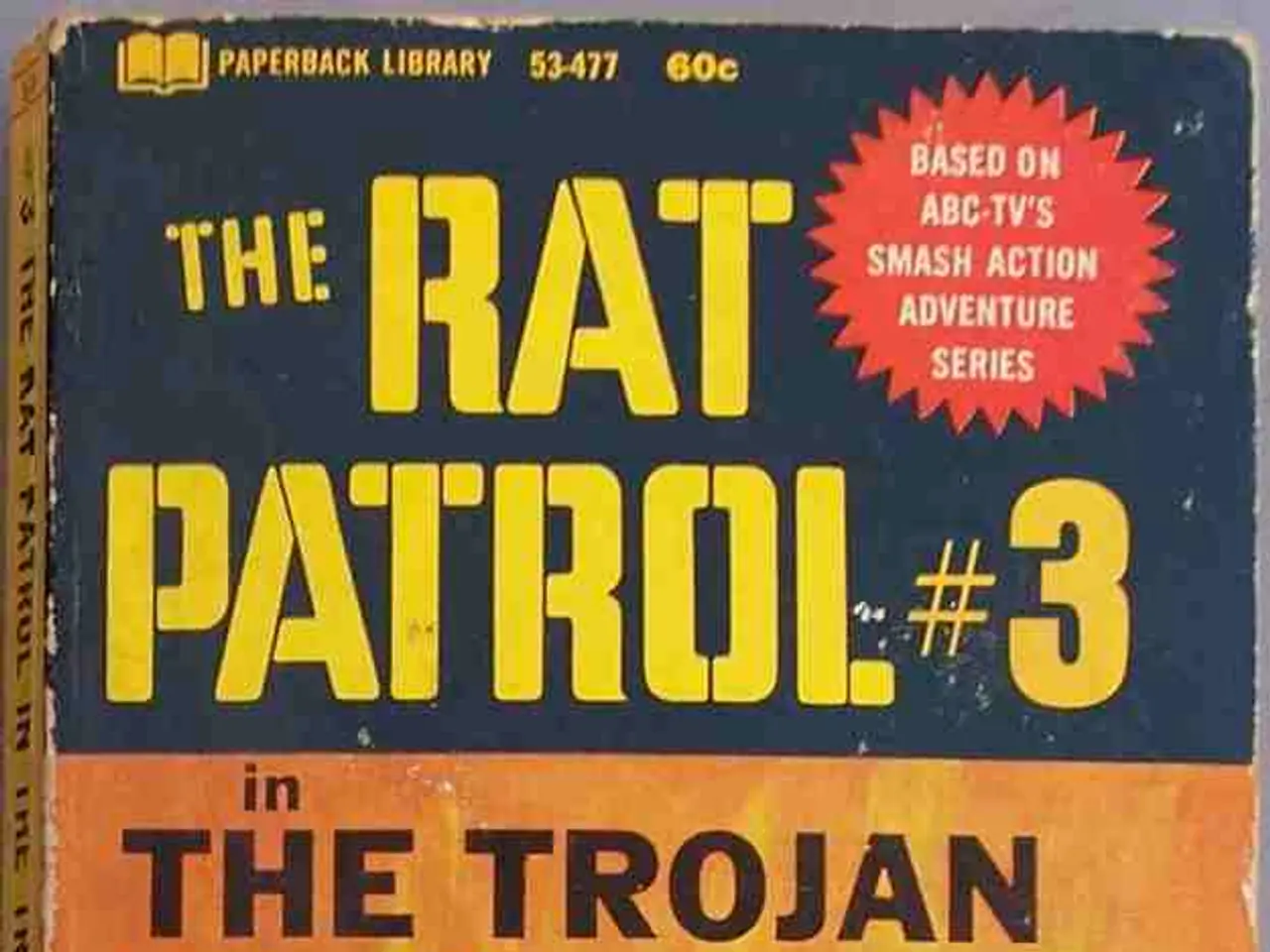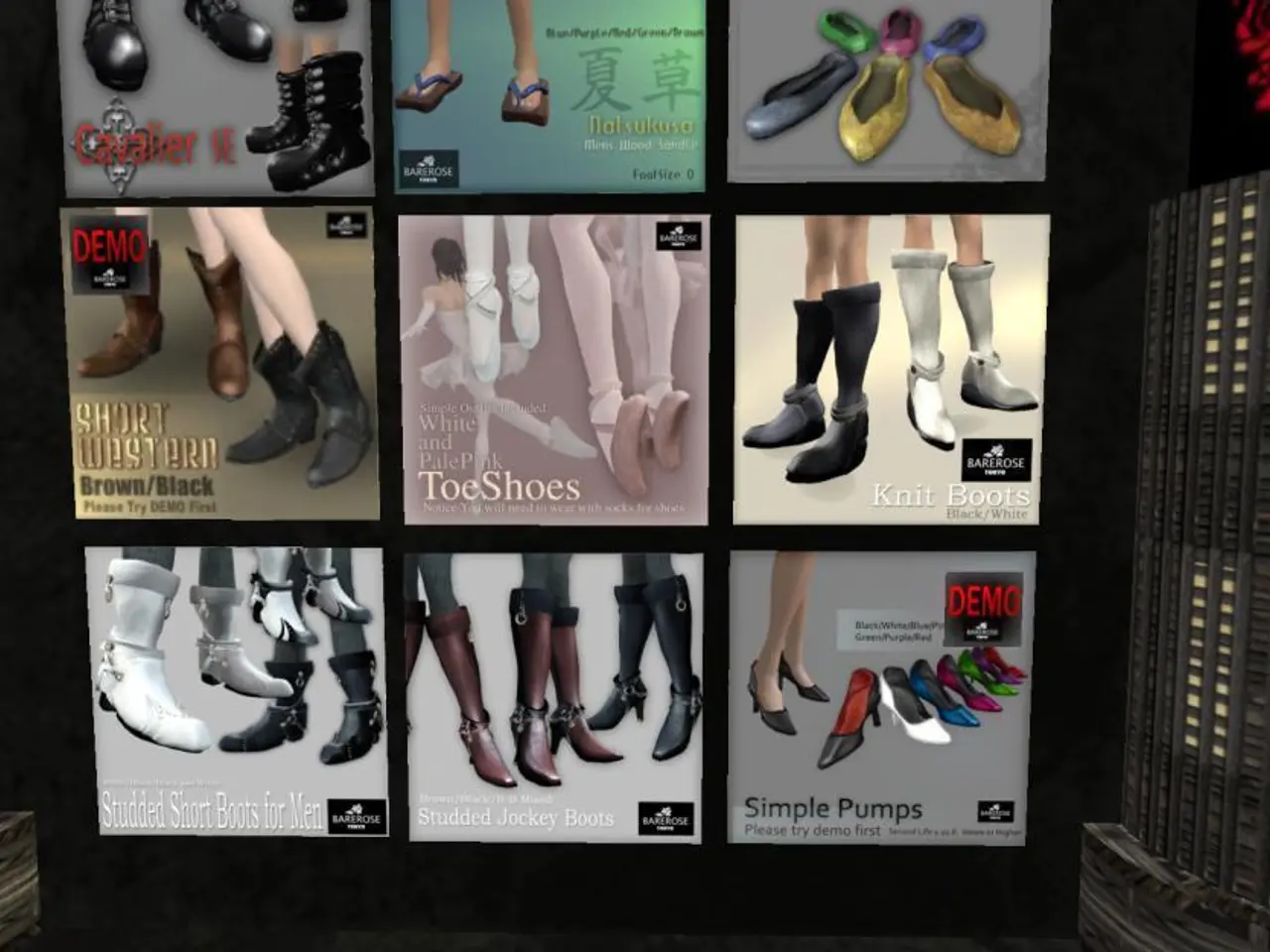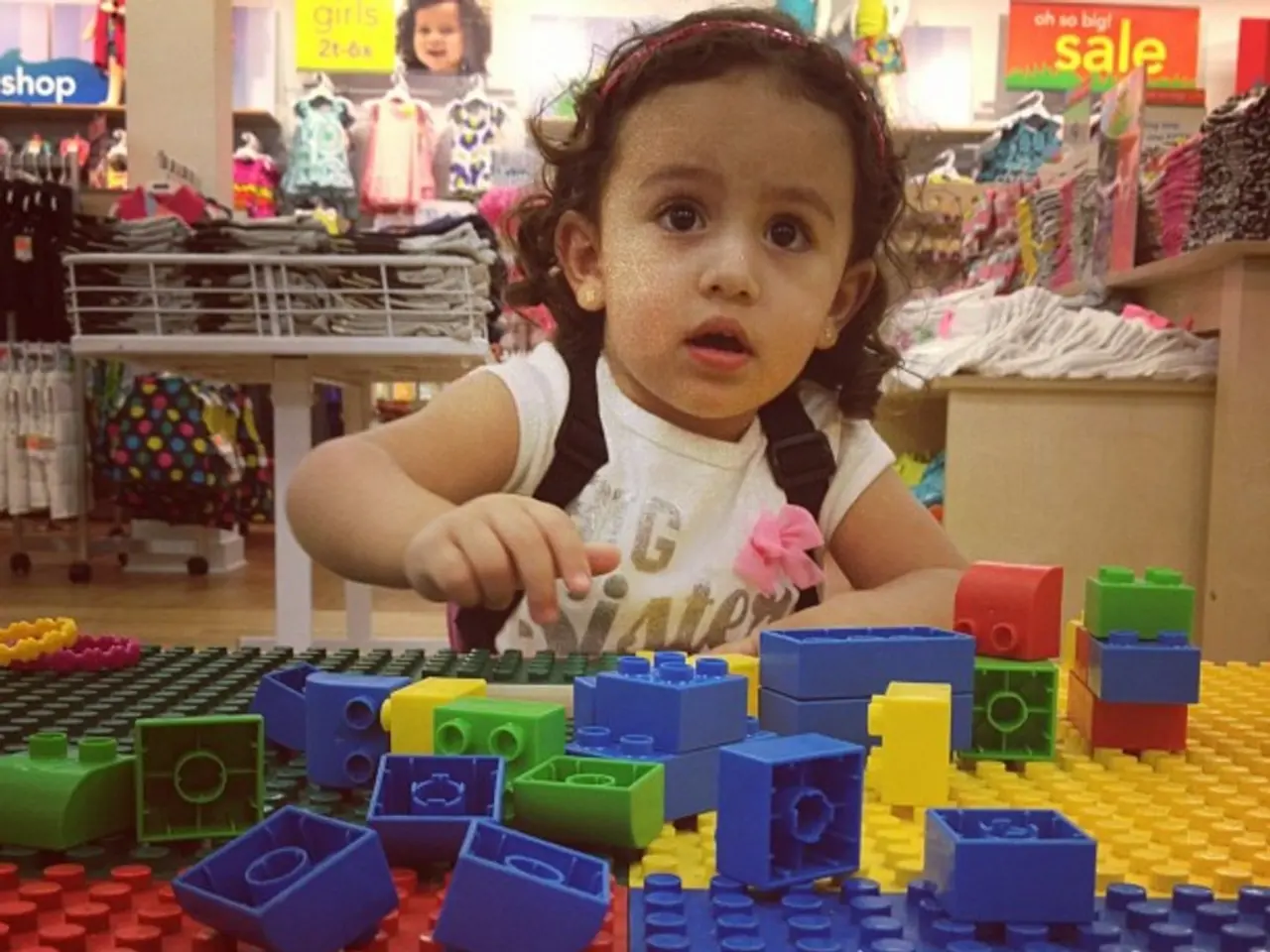Violence escalates in Syria's predominantly Druze region of Suwayda, as truce is breached
In the heart of southern Syria, the Druze-majority province of Suwayda has been engulfed in intense sectarian violence since July 13, 2025. The clashes, primarily between Druze armed groups and Bedouin tribal fighters, have resulted in over 128,000 people being displaced and hundreds of deaths, according to various sources.
The violence was triggered by the kidnapping of a Druze vegetable seller by a Bedouin group. This act of violence ignited a wave of retaliatory attacks between the historically rival Druze and Bedouin communities, tensions that have been simmering for years and have been exacerbated by the fragile local political context.
The Syrian transitional government sent troops to the area in mid-July to restore order, but multiple ceasefire agreements, reached on July 15 and 16, have not been effective in halting the violence. Armed Druze factions, such as those led by Hikmat al-Hijri, have rejected the ceasefire and called for armed resistance against both the government and Bedouin groups.
The violence has led to a de facto siege in Suwayda, with the main road connecting the province to Damascus blocked since late July. Locals report that government-allied groups control the area and restrict travel.
The fighting has also involved the Syrian government, with troops reportedly using heavy-handed tactics against the Druze. Government forces have regained control of Tal Hadid and other contested sites, according to state media, but this has not stopped the violence.
External actors have also intervened in the conflict. Israel launched airstrikes on Syrian targets, citing the protection of the Druze community. Syria’s foreign ministry accused Israel of inflaming sectarian tensions to undermine the new Syrian government.
The United Nations has expressed deep alarm over the violence, noting extensive civilian casualties, including women and children, widespread human rights abuses, and calling on all parties to cease violence, protect civilians, and allow humanitarian access. The conflict has also caused significant sectarian hate speech and incitement.
This crisis reflects the broader challenges facing Syria’s transitional government, which struggles to impose centralized control and stabilize a country fractured by war, sectarian rivalries, and regional interference. The Suwayda violence epitomizes how local disputes and historic rivalries can escalate into severe communal conflict within the fragile post-civil war context.
[1] Syrian Observatory for Human Rights (SOHR) [2] United Nations Office for the Coordination of Humanitarian Affairs (OCHA) [3] Amnesty International [4] Human Rights Watch (HRW)
- The unsettling events in Suwayda, Syria, have not go unnoticed by international human rights organizations, with Amnesty International and Human Rights Watch (HRW) alike expressing concern over the war-and-conflicts that are uprooting people, causing hundreds of deaths, and leading to widespread human rights abuses.
- As the crisis in the heart of southern Syria continues to unfold, the conflict's impact on the region is being documented by various general-news outlets and organizations, including the Syrian Observatory for Human Rights (SOHR) and the United Nations Office for the Coordination of Humanitarian Affairs (OCHA), highlighting politics as a significant influencing factor.







